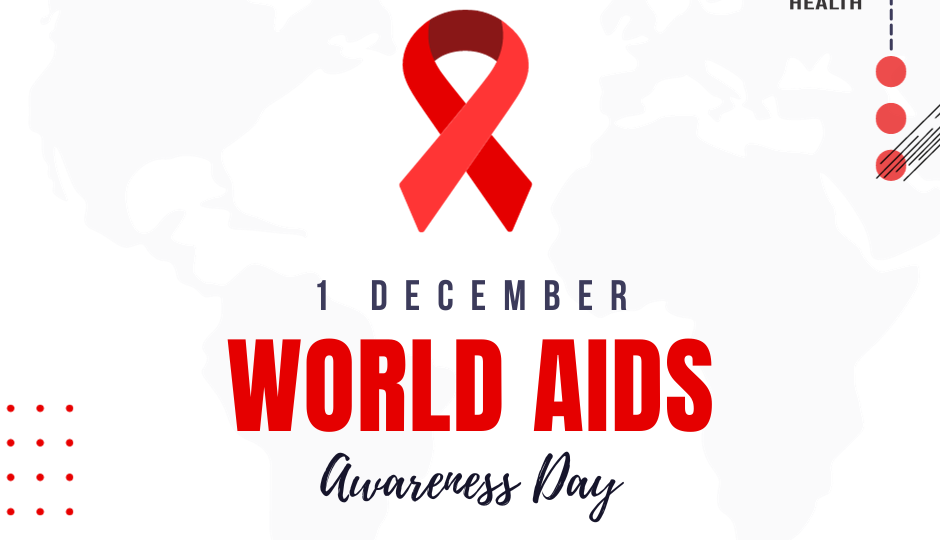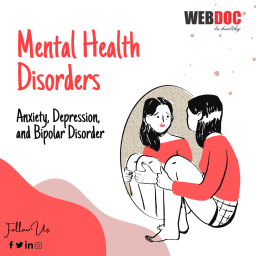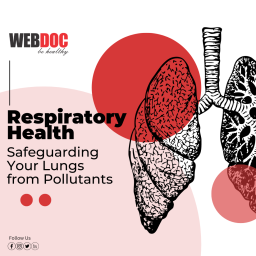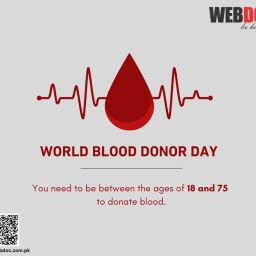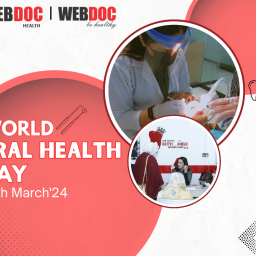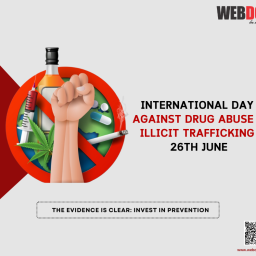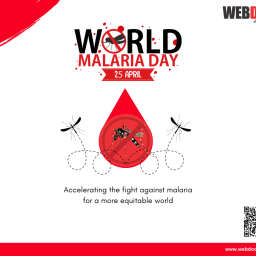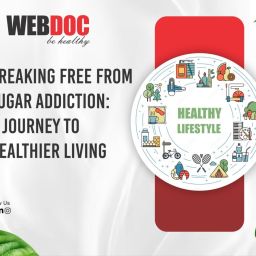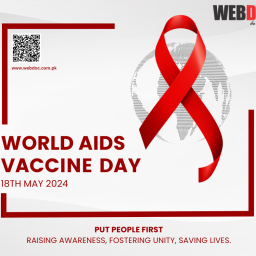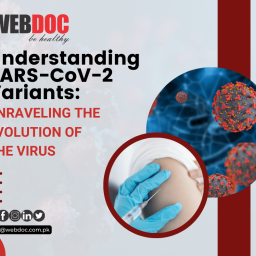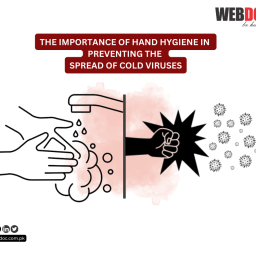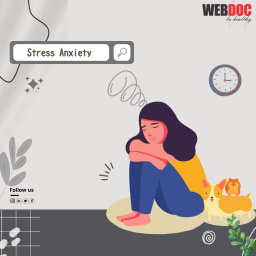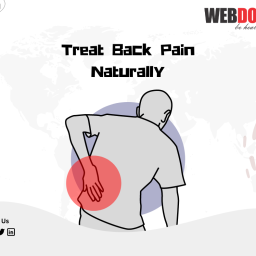World AIDS Day: Uniting to End the Epidemic
World AIDS Day is observed on December 1st each year, serving as a global opportunity to raise awareness, commemorate those affected by HIV/AIDS, and demonstrate support for individuals living with the virus. Established in 1988, World AIDS Day has become a crucial platform to unite people worldwide in the fight against HIV, dispel myths, and promote education on prevention and treatment.
The Significance of World AIDS Day
World AIDS Day holds immense significance as it marks a collective effort to combat one of the most devastating pandemics in modern history. It aims to break the silence surrounding HIV/AIDS, reduce stigma and discrimination, and encourage communities to prioritize testing and treatment.
Reflecting on Progress
Over the years, significant progress has been made in the fight against HIV/AIDS. Advances in medical research and antiretroviral therapy have transformed HIV from a once-deadly diagnosis to a manageable, chronic condition. Despite these advancements, challenges persist, and the day serves as a reminder of the work that remains to be done.
Global Themes and Initiatives
Each year, World AIDS Day is centered around a specific theme. Themes often focus on areas such as prevention, testing, treatment, and support for affected communities. Global organizations, governments, and NGOs use this occasion to launch new initiatives, share research findings, and reinforce commitments to ending the epidemic.
Raising Awareness and Breaking Stigma
A core objective of World AIDS Day is to raise awareness and dispel myths surrounding HIV/AIDS. Education plays a vital role in prevention, and the day provides an opportunity to inform the public about transmission, prevention methods, and the importance of regular testing.
Promoting Testing and Early Diagnosis
Timely detection of HIV is crucial for effective management. World AIDS Day emphasizes the significance of testing and encourages people to know their HIV status. Increased testing rates contribute to early diagnosis and access to appropriate medical care.
Community Engagement and Support
Communities play a pivotal role in the response to HIV/AIDS. World AIDS Day fosters community engagement by encouraging open discussions, providing support to those affected, and promoting a sense of unity in the face of the epidemic.
Challenges and Opportunities
While progress has been made, challenges persist, including stigma, discrimination, and unequal access to healthcare. World AIDS Day serves as a platform to highlight these challenges and advocate for equitable solutions. It also underscores the importance of ongoing research and funding to address gaps in treatment and prevention.
Looking Ahead
As the world continues to grapple with the impact of HIV/AIDS, World AIDS Day serves as a beacon of hope. It reminds us that collective action, awareness, and ongoing research are essential in the quest to end the epidemic.
In conclusion, World AIDS Day is a crucial moment to reflect on progress, address challenges, and renew commitments to the global fight against HIV/AIDS. Through education, testing, and support, communities worldwide can contribute to the goal of achieving an AIDS-free generation.


